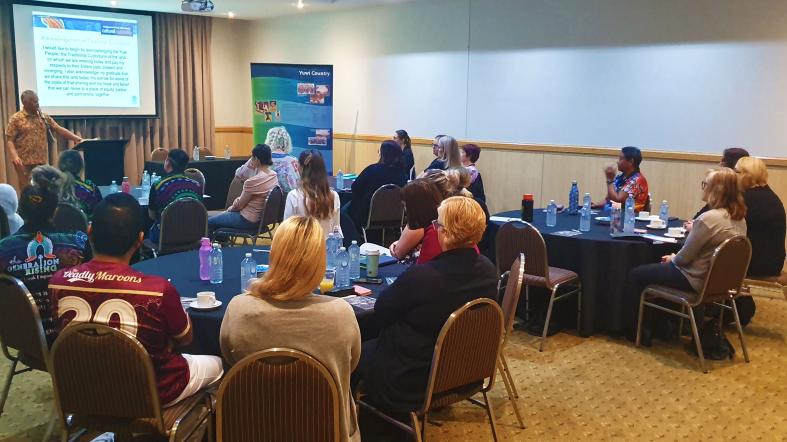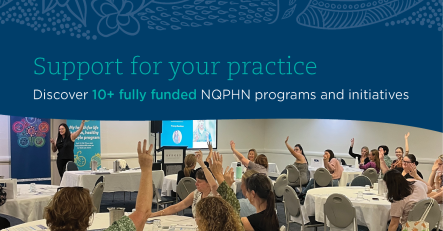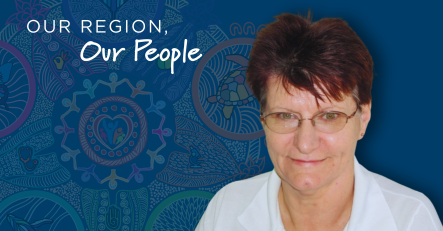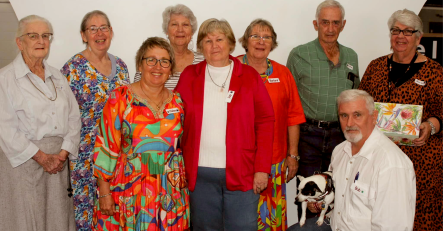Northern Queensland Primary Health Network (NQPHN) is pleased to announce that Indigenous Allied Health Australia (IAHA) is the successful tenderer to provide cultural safety training and other supports to mainstream primary health care providers across Northern Queensland.
IAHA has been awarded the Integrated Team Care (ITC) – Improving Cultural Competency of Mainstream Primary Care tender and will start development and implementation of the cultural safety activities in coming weeks.
IAHA will deliver cultural safety activities to mainstream primary health care services in Mackay, Townsville, Cairns and Hinterland, and Torres and Cape Hospital and Health Services (HHSs) regions.
NQPHN Chief Executive Officer Robin Whyte said NQPHN was committed to supporting improved health outcomes for First Nation peoples and communities.
She said the health needs of First Nations people was diverse and was more than just about an individual’s physical health.
“Evidence shows that Aboriginal and Torres Strait Islander people are more likely to access health services in environments that are physically, spiritually, socially, and emotionally safe, and where service providers communicate respectfully, build good relationships, have an awareness of the underlying social issues and understanding of culture, and where First Nations people are part of the health care team,” Ms Whyte said.
Improving cultural safety of mainstream primary care providers is one component of the Integrated Team Care (ITC) program, which is funded by the Australian Government under the Indigenous Australians’ Health Programme.
The ITC program supports Aboriginal and Torres Strait Islander people who live with complex chronic conditions to manage their conditions and to access and coordinate the health care they need.
“One of the aims of the ITC program is to provide Aboriginal and/or Torres Strait Islander people with an increased level of access to culturally appropriate mainstream primary health care services, including but not limited to general practice, allied health, and specialists,” said Ms Whyte.
“Another of the program’s aims is to foster collaboration and support between the mainstream and Aboriginal and Torres Strait Islander health sectors.
“By achieving these two aims, First Nations residents in North Queensland will be better able to access the right care when they need it so they can better manage their chronic health condition and improve their health.
“We look forward to collaborating with IAHA to work towards achieving our vision of helping northern Queenslanders live happier, healthier, longer lives.”
IAHA Chief Executive Officer, Donna Murray, spoke of the importance of cultural safety in improving education, training, employment, and wellbeing outcomes.
“Improving cultural safety is a key focus of the National Aboriginal and Torres Strait Islander Health Plan 2021–2031 and National Aboriginal and Torres Strait Islander Health Workforce Strategic Framework and Implementation Plan 2021–2031, acknowledging both the impact it has on access to and quality of care, and also the success and empowerment of the Aboriginal and Torres Strait Islander decision making and in growing the health workforce”
“IAHA are pleased to bring our expertise in cultural responsiveness, an action-based approach to cultural safety based on Aboriginal and Torres Strait Islander ways of knowing, being and doing, to work with communities in northern Queensland and NQPHN to improve outcomes.”







